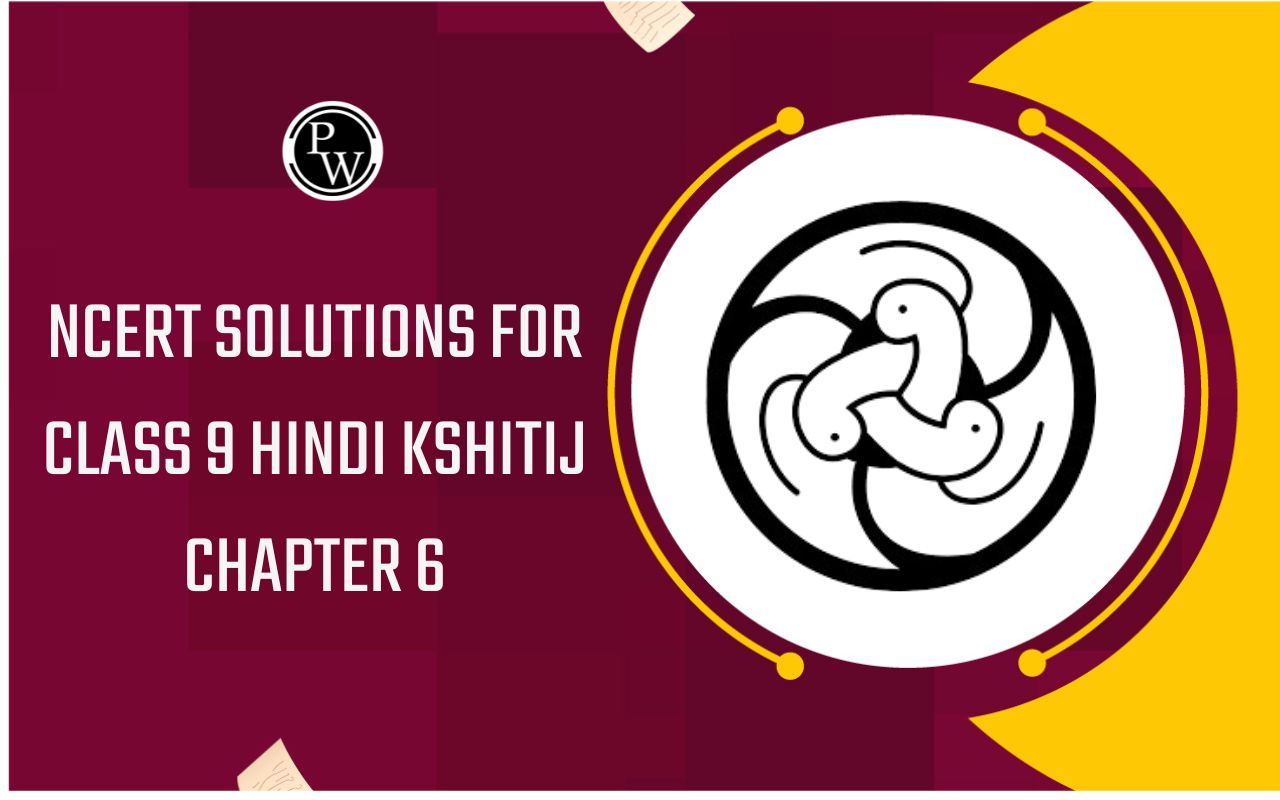
NCERT Solutions for class 8 Civics (Political Science) Chapter-4
Jul 10, 2024, 16:45 IST
Understanding Laws
This Page consist of NCERT Solutions for Class 8 Civics Chapter 4: Understanding Laws all questions are explained in detail. Refer our NCERT Solutions to score good marks in class 8. Do follow NCERT Solutions for Class 8 Social Science prepared by Expert Teacher. If any students need to take the online test to check their concepts or undertstanding then they can visit Quiz for Understanding Laws .
Ncert Textbook Questions
Q1. Write in your own words what you understand by the term the ‘rule of law’. In your response include a fictitious or real example of a violation of the rule of law.
Ans. This means that all laws apply equally to all citizens of the country and no one can be above the law. Neither a government official, neither a wealthy person nor even the President of the country is above the law.
Example: Jones, a boy of 17 years belongs to an ordinary family. He is caught driving without license. His parents are fined and put in jail. Utkarsh, the son of a minister of 16 years of age is also caught driving without license but since he is the son of minister; his parents are neither fined nor is he thrown in jail. This is an example of violation of rule of law.
Q2. State two reasons why historians refute the claim that the British are introduced the rule of law in India.
Ans. Two reasons why historians refute the claim that the British introduced the rule of law in India are:
- The colonial law was arbitrary, i.e., nothing was fixed under British rule and it was instead left to one’s choice or judgment.
- The Indian nationalists played a prominent role in the development of the legal spheres in British India.
Q3. Re-read the storyboard on how a new law on domestic violence got passed. Describe in your own words the different ways in which women’s groups worked to make this happen.
Ans. People of India came to know from their own direct experiences and through observations and through mass-media that the Indian women were not treated equally and well at their homes and work-places.
- Several husbands bet their wives.
- Some old women were ill-treated by their sons, daughters-in-laws.
- Some women (unmarried/widows/divorce or having no kids) were verbally abused or insulting remarks were passed.
- Some women who gave birth to only daughters, not a son were also abused.
- Indian women wanted protection against being beaten, from all sorts of physical or social violence.
Throughout the 1990s the need for a new law for giving protection to women was raised in different forums. In 1999, a group of lawyers known as lawyers collective, law students and social activists, after a nationwide consultation, took the lead in drafting the domestic violence bill. Some NGOs started the women movement.
The parliamentary standing committee in its report accepted most of the demands of women’s group. Finally, a bill was introduced in Parliament in 2005. After being passed by the Parliament and getting the approval of the President, the Domestic Violence Act came into effect in 2006.
Q4. Write in your own words what you understand from the following statement. They also began fighting for greater equality and wanted to change the idea of law from a set of rules that they were forced to obey, to law as including ideas of justice.
Ans. The following statement are:
- The word ‘They’ in the above passage stands for the Indian nationalists who were participating in freedom.
- The nationalists wanted ‘rule of law’ during the colonial period.
- They protested against the law that any one protesting or criticizing the British Government could be arrested without due trial.
- The legal rights of Indians were defended.
Find the pdf of NCERT Solutions for Class 8 Civics Chapter 4: Understanding Laws









